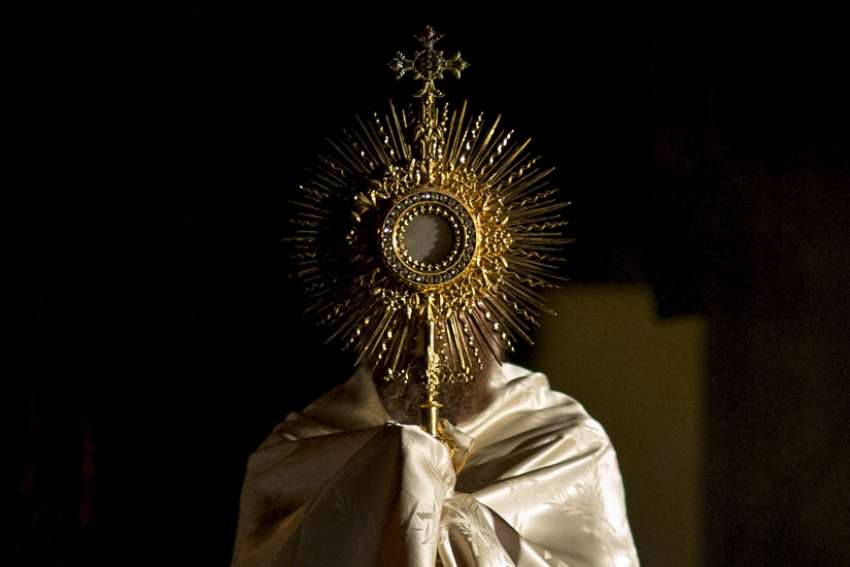At this point in time, Salem (Jerusalem) was not an Israelite city. It would not be conquered by King David from the Jebusites for centuries. And yet, Melchizedek was called a priest of the Most High God. In what sense did he fulfil this role, and in what religious context did he conduct his worship? There is a fascinating backstory here, but unfortunately, we are not in the loop. We are given only what we need to know.
Abram immediately recognized Melchizedek’s stature and authority and he granted him a tithe of the booty he had taken during battle. Melchizedek blessed Abram and promptly disappeared from the Old Testament, save for a brief mention in Psalm 110:4. He burst onto the scene again in the New Testament’s Letter to the Hebrews. In this letter, he is identified as the prefiguring of the priesthood of Jesus Christ, eternal and superior to that of the Levites. Since his name means “king of righteousness” and he was also king of Salem (peace), it was thought to be an obvious reference to Jesus. According to later speculative traditions, he was a transcendent figure, having no genealogy or human ancestry and no beginning or end.
This strange story illustrates the concord between those who follow the law of the Most High God regardless of the label they wear or place they inhabit. God works in many surprising ways, always with the same intent: the redemption and well-being of humanity.
The words of the shared meal that Jesus left His followers are direct and short. The bread is the body of Jesus that was given for them. The cup was the new covenant in His blood in which they all shared. This was the way they were to keep the Lord’s message alive until His coming again. Paul elaborated on what that meant in practical terms. Those partaking in the meal would have to lay aside their egos and change their attitudes. No one was superior to another; the highest and the lowest partook of the same meal and had equal value in God’s eyes. The shared meal was to be a proclamation to the world, for it was a sign of reconciliation, equality and love. Sadly, this has often been more of an aspiration than a reality.
It had been a long and grueling day. The needs of the crowd were great — there were many who needed to be healed, and Jesus tended to them all and taught them about the kingdom of God. But the crowd was tired and hungry, and the apostles were concerned. They asked Jesus to send the people away so that they could find food and shelter. Jesus challenged His disciples to provide them with food, but they were not up to the task. They still lacked full understanding. They focused on scarcity — they had only five loaves and two fish. Food and sustenance had always been an issue for the people of God. During their journey through the wilderness in the time of the exodus, they complained constantly about lack of food and water, even after God provided for them.
Human fear reveals a lack of faith and a great distance from the mind and heart of God. With God all things are possible but without God little is possible. Jesus provided more than enough food for the entire crowd that was gathered. The words speak to us today. Our world and our societies are torn apart by fear. Money is tight, prices are high, jobs are shaky and many things are scarce. There is a great deal of insecurity and uncertainty.
The teachings of the kingdom of God assure us that when we put aside fear, aggression, competition, selfishness and a sense of separation from others, marvellous things happen. There is always abundance and compassionate care in God, and when our minds and hearts are united in God, then the five loaves and two fish do indeed multiply and overflow.

